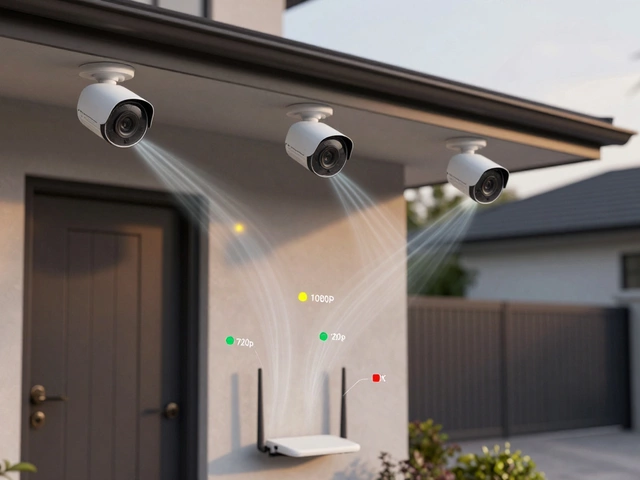Vivint Lawsuit: What Homeowners Need to Know
If you’ve heard talk about a Vivint lawsuit, you’re not alone. The headlines can feel overwhelming, especially when they involve the security system you rely on. Below we break down the key points in plain language so you can understand what’s happening and decide if you need to act.
Why the Lawsuit Started
Vivint, a big name in home security, faced a group of complaints that turned into a class‑action lawsuit. The core issues revolve around alleged contract tricks, hidden fees, and devices that didn’t work as promised. Some customers say they were locked into long contracts without clear cancellation options, while others claim the equipment failed during critical moments.
The court is looking at whether Vivint’s sales tactics were misleading and if the company gave proper notice about price changes. These are the same kinds of concerns you might see with any large service provider, but because security is a safety matter, the stakes feel higher.
What It Means for You
First, remember that not every Vivint customer is automatically part of the lawsuit. If you signed a contract after the filing date, you may be outside the class. If you signed earlier, you could be eligible for a settlement or a chance to join the case.
Check the official notice sent by the plaintiffs. It will list a deadline to opt‑in or opt‑out. Missing the deadline usually means you lose any claim to compensation.
If you’re unsure whether you qualify, contact the law firm handling the case. They’ll ask for basic details – contract start date, any fees you didn’t expect, and whether you experienced device failures. The process is free; they only get paid if the case wins.
Even if you’re not part of the lawsuit, it’s a good reminder to review your security agreement. Look for hidden renewal clauses, cancellation fees, and the fine print about equipment warranties. Knowing these details helps you avoid surprise charges down the line.
Finally, consider your security options. If Vivint’s system isn’t meeting your needs, you can switch providers. Companies like Birmingham Security Command Center offer transparent contracts, 24/7 monitoring, and a clear pricing structure. Moving to a provider that puts the contract terms front‑and‑center can give you peace of mind without the legal worries.
Bottom line: the Vivint lawsuit spotlights the importance of reading contracts carefully and staying aware of your rights. Whether you join the class action or simply tighten up your own agreement, taking a few minutes now can save you hassle later.



